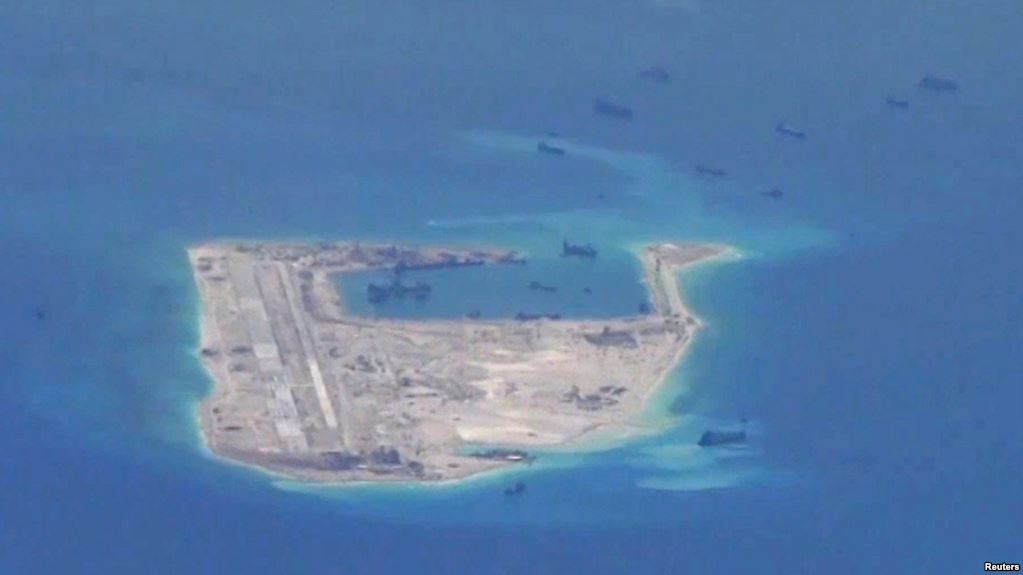
MANILA – The situation in the South China Sea (West Philippine Sea) remains volatile due to “certain actions” of both China and the United States to protect their interests in the disputed waters, the country’s military chief said on Tuesday.
“So we have seen aggressive actions on the part of China, you know from reclaiming the area and deploying you know, warships there, (Chinese) Coast Guards are very visible in that area and their maritime militias are there, they are practically swarming most of the areas in the West Philippine Sea and here comes the United States, of course, protecting their interest in maintaining sea lanes (of communications) open and free,” said Armed Forces of the Philippines (AFP) chief-of-staff Gen. Gilbert Gapay in an online news conference with the Foreign Correspondents Association of the Philippines (FOCAP).
With these developments affecting Manila’s interest, Gapay said the AFP, within the limits of its capability, is maintaining a presence in the West Philippine Sea.
“We conduct naval and air patrols every day in the West Philippine Sea and it involves seven Navy assets, and no more than 20 aircraft alternately performing air patrols in the area and we are augmented by the Philippine Coast Guard just to maintain the presence in the West Philippine Sea and to send the message to the other countries there and to our allies that this is an assertion of our sovereignty and our efforts in protecting and preserving territorial integrity of the country,” he added.
As part of Philippine efforts to maintain a presence in the West Philippine Sea, Gapay said the AFP is now improving the Philippines’ facilities in the nine occupied features in the area.
“We have troops in those islands, from Pag-asa plus eight other small features in that island, small features in the West Philippine Sea, we (have) barracks there, we’re building local monitoring stations there, and other life support facilities for our troops and this is also one way of maintaining presence in the area,” he added.
Gapay said the AFP is also maintaining and continuing relentless maritime domain awareness operations in the area.
“We have a number of local monitoring stations, monitoring all the vessels plying the West Philippine Sea, challenging them every now and then,” he added.
Since the Philippines wants a peaceful resolution and approach to the different issues in the disputed waters, Gapay said most of the actions being adopted by the country are diplomatic.
“If there are some incursions, we right away file a diplomatic protest and at a tactical level we maintain open lines of communications with our counterparts on the ground, the Western Command we have open lines of communication with Southern Theater Command of China which is the military unit operating in the South China Sea so these are part of the bilateral and multilateral actions being implemented by the Armed Forces,” he added.
With the Philippines pretty much involved in the crafting of the Code of Conduct in the South China Sea, Gapay said the AFP has aired its desire to have it fast-tracked so that it will be ready within the end of the year or early next year.